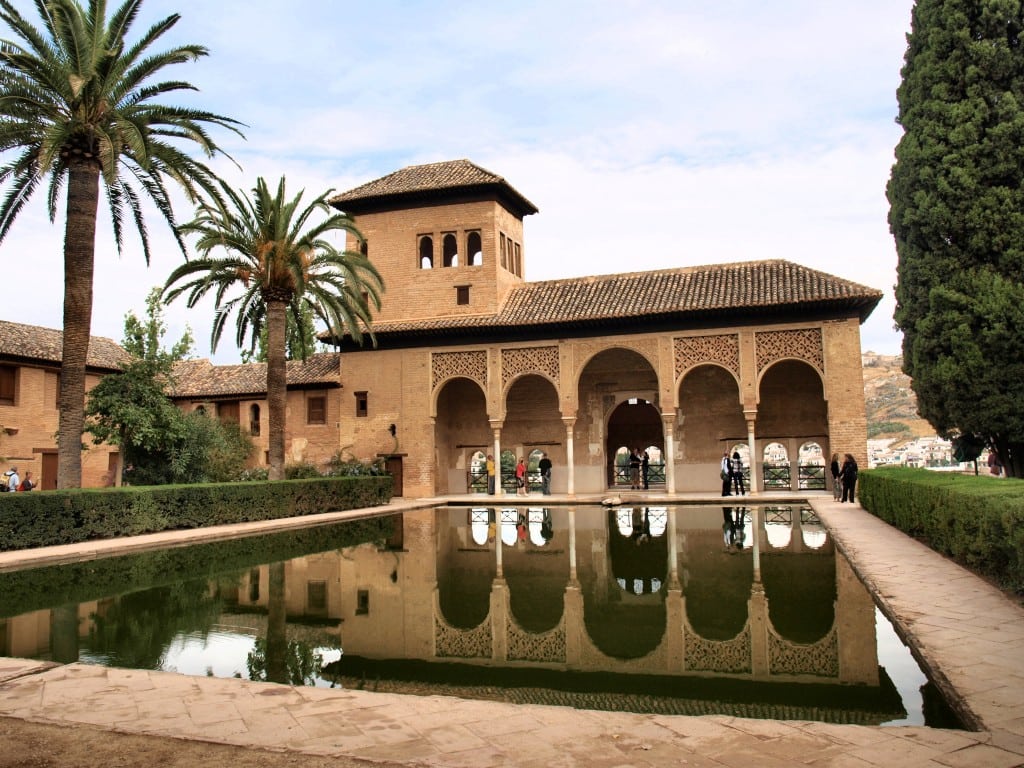The term “Islamic tourism” describes the availability of activities for Muslims traveling or residing in countries outside their normal environment to participate in religiously motivated activities, including halal hotels, halal transport, halal restaurants, Islamic flights, and interest-free financing.
The Halal Hotel is characterized by an annex that provides places for prayer, Qibla and halal food, an alcohol ban, and gender segregation, with more amenities such as Qurans in the rooms, prayer carpets and a marker on the hotel’s ceiling to show the qiblah direction.
These hotels are sometimes listed as “Sharia compliant” during the research, and match the hotel systems in Saudi Arabia, North Africa, and parts of Indonesia and Malaysia.
Halal food is one of the most important elements of Islamic tourism, where food is a concern for Muslims outside their country. There is no specific legislation to protect the Muslim consumer outside his region because many governments are reluctant to participate in religious affairs. Halal food is restricted to Muslim owned shops. In which the supplier on himself, what complicates matters.
Halal transport is the airlines and trains that offer halal meals to Muslims.
Why does the world care about a Muslim?
The commercial interest of Muslim consumers reflects their size, growth and growing wealth. According to Research, the number of Muslims in the world reached 1.6 billion in 2010, and is expected to reach 2.8 billion in 2050, about 30% of the world’s total population.
More than 60% of Muslims live in Asia and the Pacific, 20% in the Middle East and North Africa, 93% of the resident population, 3% of Muslims in Europe, and 1% of North America.
According to the World Travel and Tourism Council, Muslim travelers spent $ 238 billion in 2018, prompting national tourism authorities in many countries to make some changes to meet the needs of Muslims, such as offering applications and guides to dining options, places of worship, and halal hotels.
| In Sofia Bulgaria has 1606 mosques, 1,700 Halal restaurants (Bixabai) |
Many countries have plans to adopt a halal focus, run by Islamic associations, providing specialized business advice on the Halal world market, such as providing tour operators, prayer facilities at airports, railway stations and attractions. There are also a number of airlines that offers halal menus.
A dedicated Halal kitchen was opened at London’s Heathrow Airport in 2014 as part of a larger plan for one of the world’s busiest airports.
Promotional sites – such as those in Japan, Korea and Hong Kong – offer guides to halal food.
The Tourism Authority of Thailand launched last year a special application to facilitate Muslims.
Malaysia itself is a global hub for halal goods and services and includes Islamic tourism through an official Islamic tourism hub responsible for market development.
Friendly destinations
No European state is 100% halal, but all Islamic destinations strive to maintain their character as a destination for Muslims.
Indonesian hotels promote themselves as “Muslim-friendly”, so Indonesian shopping malls have prayer rooms and halal restaurants. There are 600,000 mosques in the country.
In Uzbekistan, which has become a center for Sufi lovers, there are more than 160 Islamic archaeological sites.
Singapore is also highly competitive because of its Muslim community, its infrastructure of facilities and services for Muslims, and the insistence on halal slaughter until it is classified as the most Muslim destination for Muslims in 2016 according to the Muslim Travel Index.
Turkey is working to increase Halal tourism services by providing separate swimming pools, halal food and banning alcohol, and dozens of hotels on the coast of Turkey have already fled to attract Muslim families.
Travelers from the Gulf Cooperation Council (GCC) or North African countries such as Algeria and Tunisia are interested in visiting Turkey because it is geographically close, and because it is a predominantly Muslim country with religious heritage and historical monuments that attracts tourists, halal food is easy to access and women who wear hijab And the veil of racism.
| Blajaj looks like a Muslim village characterized by the beauty of its nature and Islamic architecture (Pixabai) |
Turkey is the fourth most popular destination for tourists looking for Halal offers, after Malaysia, Dubai and Indonesia.
Turkey is currently aiming to become the first place, doubling the number of Muslim-friendly resorts.
There are European destinations that are friendly to Muslims, such as Britain. Europe has the best places to eat halal food in the world, making it an enjoyable destination to travel and discover the options available to Muslims so as not to feel alienated from their homeland.
The best thing about Europe is the ease of traveling from one country to another across the continent, but the only problem is that some destinations are less friendly than others, which may be a cause of concern for some Muslims, especially if women wear veils.
In Sofia, Bulgaria, abayas, hijab and niqab are on the streets, with 1606 mosques and 1,700 halal restaurants, alongside the beautiful nature and Islamic and Ottoman monuments. Bulgaria has been a citizen of the Ottoman Empire for nearly five centuries.
Bosnia and Herzegovina is the most sought-after destination in Europe, with Islamic heritage, Ottoman and Austrian imperial sites, and UNESCO World Heritage sites, as well as Blagaj Village, which looks like a Muslim village with its natural beauty and Islamic heritage. It distinguishes its buildings, and is not considered to be halal food.



